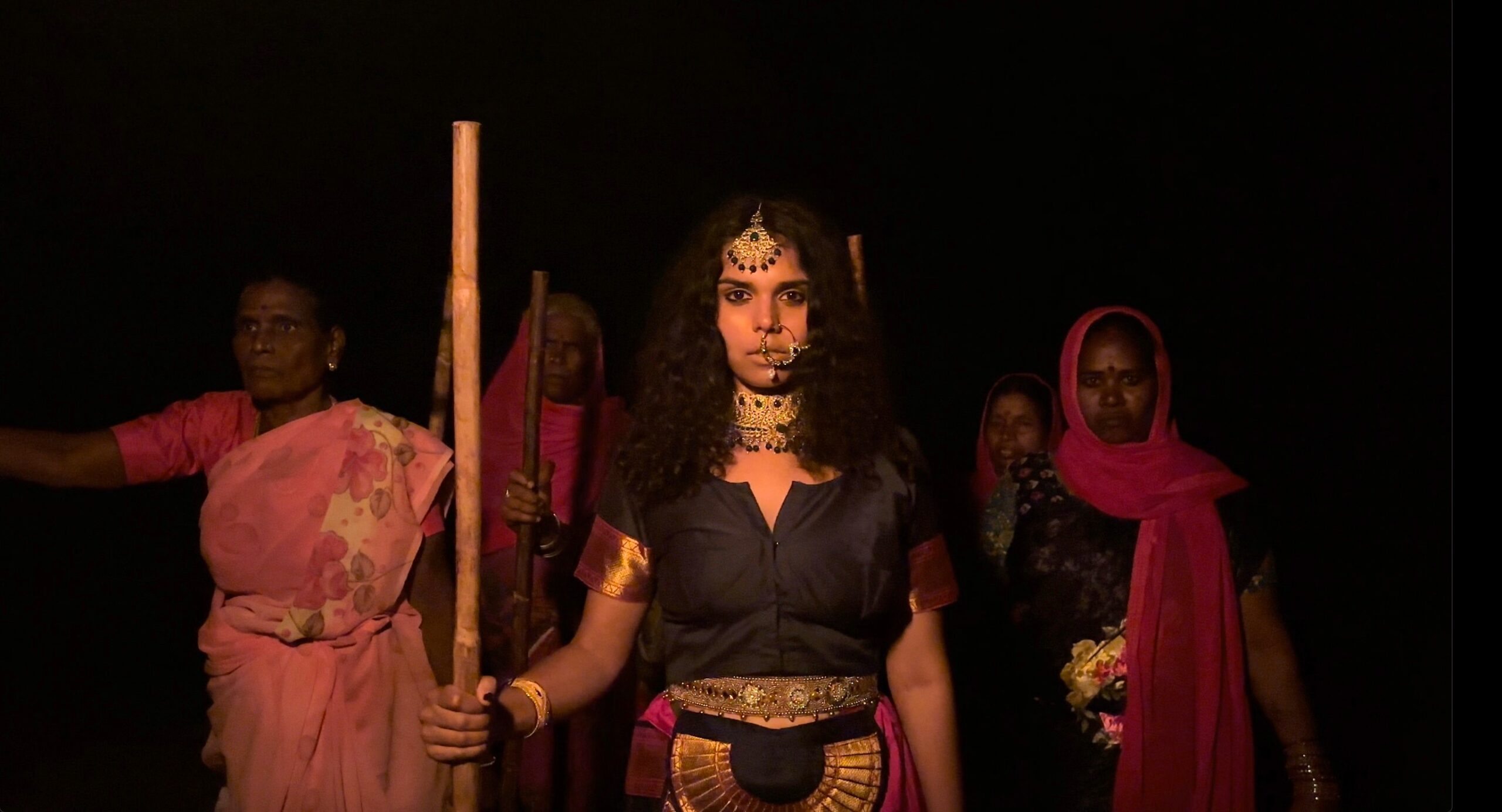How does a young woman express her anguish against the various injustices of the world? In the case of Indo-Canadian artist Neela, it’s by singing about them. Her latest single, ‘You’ll Never Know’, “is about empowerment and expressing anger and frustration at the injustice of domestic violence.”
In dealing with a sensitive and raw subject, Neela draws on her own feelings of pain and resentment to gain strength to move forward despite the hurt. ‘You’ll Never Know’ has been written by Neela and Alvin Brendan, produced by her along with Akeel Henry and Kevin Ekofo, and Purusha Anokhei has done the album artwork. It is available for streaming on all leading music platforms.
Drawing on her North Indian roots and her initial study of music at the Lucknow School of Music and Jazz, Neela effectively uses her soulful vocals, which have been compared to Snoh Alegra and Etta James. Through her wide range and smooth voice, she experiments with styles like R&B, Soul, Pop, Folk, and EDM. “I was born into an East Indian family, and breaking out of traditional expectations and pursuing a career as an artist was very challenging,” she asserts.
However, her persistence and dedication to her craft finally won her family’s support and brought her to the notice of industry insiders, including Grammy-award winning producers Slakah the Beatchild, Chin Injeti, and Akeel Henry. “I bring with me truth and vulnerability – qualities that once made me feel like an outsider – but in my music and song-writing they create original and honest material,” she explains. Her background in theatre and dance lends an electric energy to her performances, and she unabashedly says that the stage is the place where she feels most comfortable.
She joins the Sunday Guardian Review to chat about her new song. Excerpts from an edited interview:
Q. What was the inspiration for this song?
A. ‘You’ll Never Know’ is a song inspired by domestic violence. I wanted to transform the pain I felt into music. It’s about people’s boundaries being violated physically, sexually, or otherwise, and how the perpetrator will never know the damage they have caused with their actions. When someone has unhealed trauma, the cycles of violence persist. Violence against women is prevalent and heart-wrenching. I have witnessed and felt this in my personal life and globally. 4.7 million women report sexual assault at least once in their lifetime. One in three women has reported physical violence by an intimate partner. In Canada and globally, I think of the murdered and missing indigenous women and children and the lack of awareness surrounding this horrific issue, and I feel motivated to do something about it.
My song is equally about empowerment and expressing anger and frustration at this social injustice. While the subject is sensitive and raw, I explore the other side of this pain. The resentment juxtaposed with the strength to move forward despite the hurt, and finally accepting one’s circumstances. These are just some of the complex emotions I express in this single: pain, strength, power, anger, honesty, vulnerability, intimacy, and passion.
Q. What was the process of working on this song like?
A. My producer Akeel and I expected multiple takes for the song in the recording booth, but because it’s so personal and raw, I sang it all the way through on the first go. And he said that was it! We both had goosebumps listening back to it. As painful as the experience was, I was grateful to be able to transform and release that energy.
We deliberately kept the vocals in this production very raw. We didn’t want too many effects, and I think that this rawness really helps to express the song’s message.
Q. Let’s talk about the video. How was the experience of putting it together?
A. The visuals are shot in India, and they are inspired by goddess Kali. I resonate with her because she is a symbol of power and change. She destroys evil to protect the innocent. In the music video, I battle Ravana, the king of demons in Hindu mythology, who represents the demon in all of us. I show that it is our duty to transform our fear into love. I also took inspiration from Kalaripayattu, which is an ancient Indian martial arts practice, and in my video, women warriors demonstrate strength and resilience. We collectively wear pink to honour the ‘Gulabi Gang’, which is a vigilante group combating widespread domestic abuse and violence against women.
Noor Anand Chawla pens lifestyle articles for various publications and her blog www.nooranandchawla.com.
Neela’s ‘You’ll Never Know’ is a call to fight domestic violence
- Advertisement -

